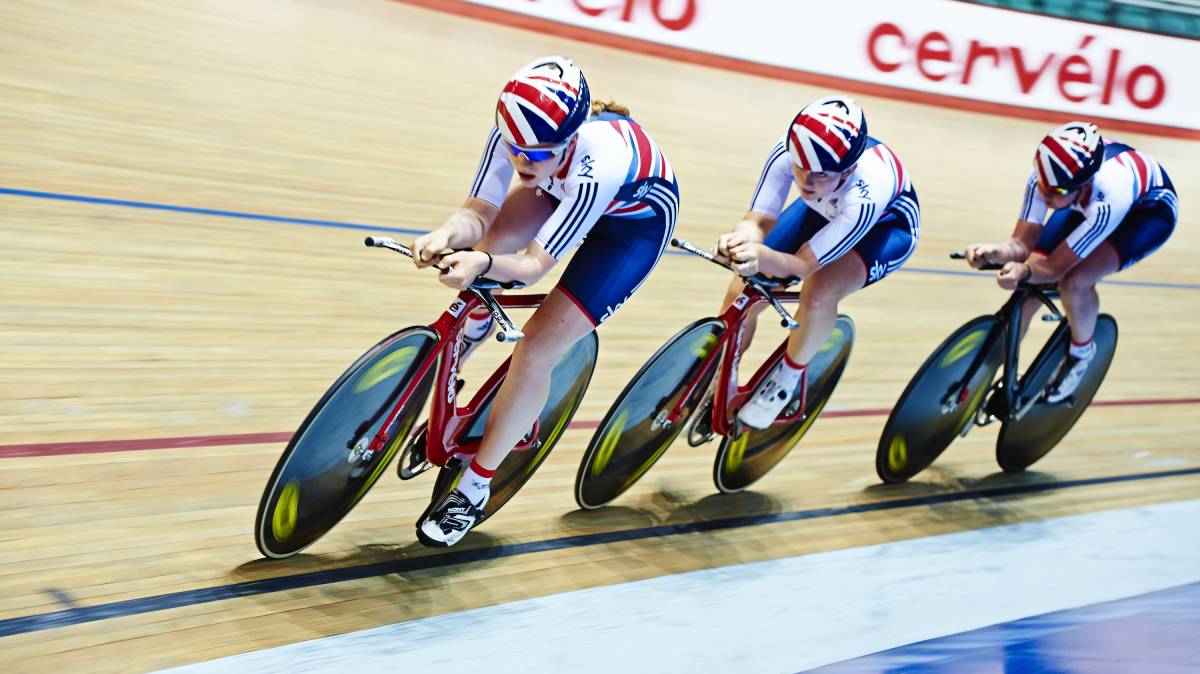How do you reduce the time it takes to get tasks done? When a crew first comes together they are not as efficient as they are by the end of the season – or so we would hope. What is the process that enables crew performance to improve?
With the Rio Olympics just over and more world records smashed, certain teams persist in their world dominance. Taking a look at what makes teams and athletes continue to progress, can provide us with lessons to take back to the yachts.
Perhaps it goes without saying that these amazing athletes have huge amounts of drive and motivation. As leaders we need to tap into this energy. Simon Sinek’s book “Start with why” explains how great leaders inspire people to take action. He argues that to effectively influence and motivate we need to start with “Why”. All too often when we brief crew, we tell them “what” and “how” we want them to do. We fail to explain “Why”, missing out on the opportunity to inspire them to give their all. Starting a briefing with not just “What”, but “Why” as well, will give you the opportunity to incentivise and inspire crew to give their all. Performance is as much about attitude as it is capability.
Winners don’t do different things – they just do things differently. Somewhat like Ronnie Barker’s view on his piano playing:- “I’m playing the right notes, but not necessarily in the right order!”
The British cycling team has adopted a powerful formula, which has been proven over the past four years through their dominance in the sport. They have listened to Albert Einstein “The definition of insanity is doing the same thing over and over again, but expecting different results” and taken an approach based on an aggregation of gains. “We need to find 100 things and do them 1% better”. Similarly the F1 teams have also adopted the philosophy that success will come from repeated marginal gains, rather than one major triumph.
Relating this back to crew, how can you help your crew find those minor changes? Regular review and de-briefing are ideal opportunities to identify your “1 percentages”. Who is best placed to put forward new ideas? It may not always be obvious, so don’t forget to include input from the junior crew who do the task. During the de-brief look for the inch by inch gains. A culture of continuous improvement will encourage crew to identify new and better ways of completing tasks. So often, we convince ourselves that change is only meaningful if there is some large, visible outcome associated with it. If we instead follow the British Cycling team’s philosophy, major success will come by small repeated gains.
There are essential ingredients of winning teams, including the economics of trust. If trust is low, then so too will be the outcomes. We need to trust in our crew to do what we have asked them to do and Humphrey Walters’ principle of “tell me only once” places the responsibility on the individual to see the task through. We need to trust in our other departments too, to know their jobs and play their part.
Leverage on your success, identify what made this trip more successful than the last. Repeat those successes and don’t forget, getting better never stops! Be the empowering leader you can be, tap into their motivations and form great habits. Impact Crew is here to support you and your crew. We will be at the Monaco Yacht Show, book your appointment early to discuss your inch by inch gains.
















0 Comments